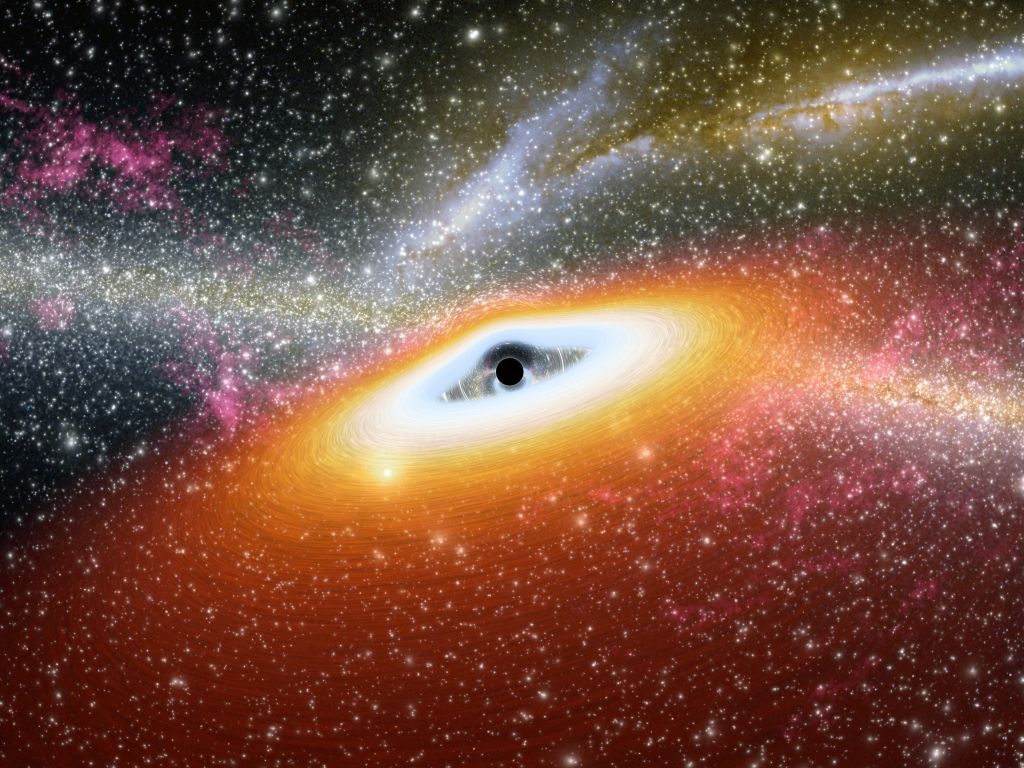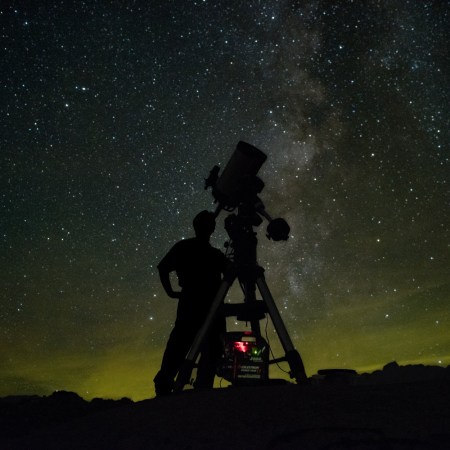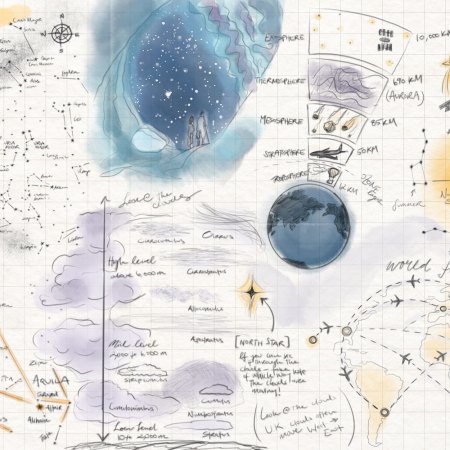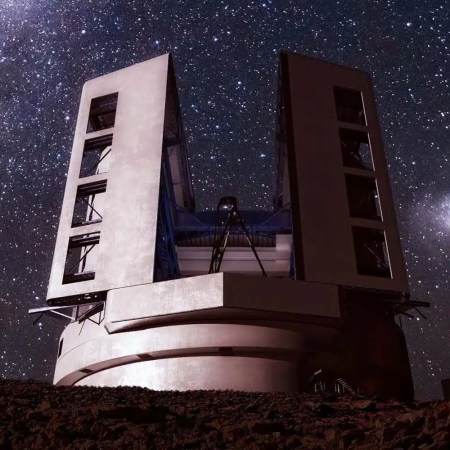Astronomers have discovered a new black hole, and at 1,000 lightyears away from Earth, it’s the closest black hole in our solar system to ever be found.
The black hole, which is invisible, was discovered thanks to two nearby stars in the Telescopium constellation, making it a triple system. Scientists observed the triple system using the MPG/ESO 2.2-meter telescope at the European Southern Observatory’s La Silla Observatory in Chile.
“We were totally surprised when we realized that this is the first stellar system with a black hole that can be seen with the unaided eye,” Petr Hadrava, co-author of a study on the black hole published by Astronomy & Astrophysics and Emeritus Scientist at the Academy of Sciences of the Czech Republic in Prague, in a statement.
The discovery of the triple system could lead to more similar systems being uncovered in the near future.
Thanks for reading InsideHook. Sign up for our daily newsletter and be in the know.



















